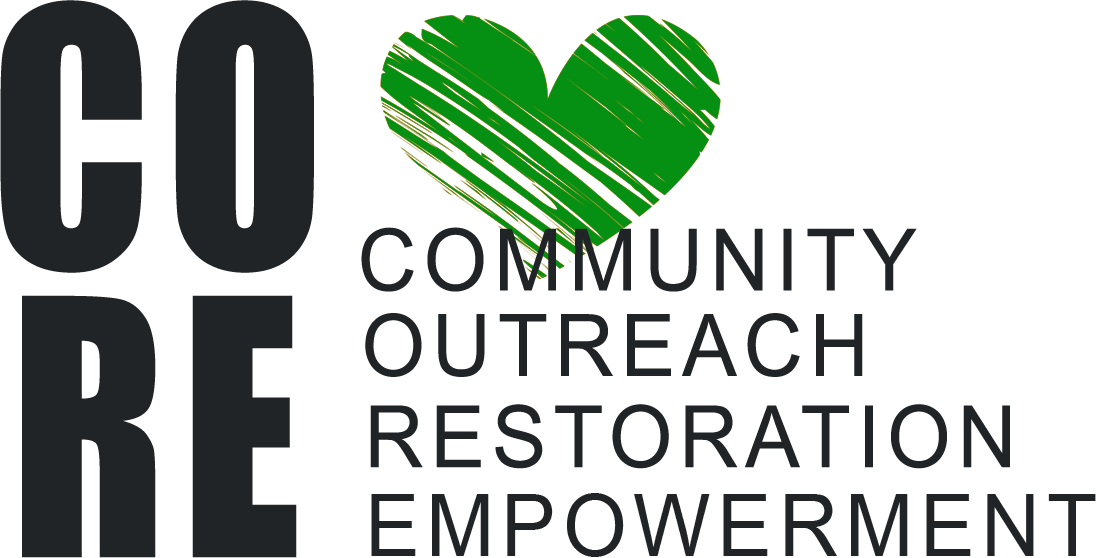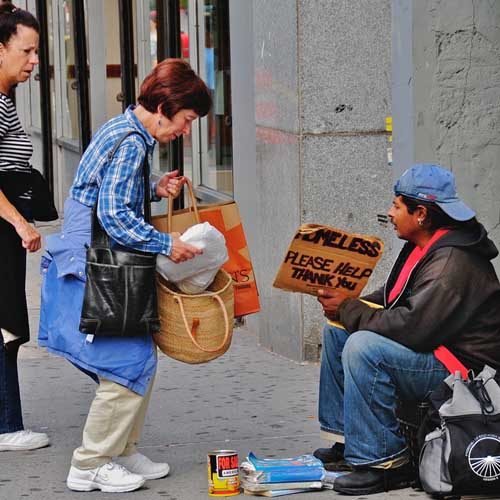As we step into 2024, the distressing reality of a rising homelessness crisis has cast a shadow over communities worldwide. Despite progress in various sectors, the global pandemic’s aftermath, economic uncertainties, and other compounding factors have contributed to an alarming surge in homelessness. The consequences are dire, highlighting the urgent need for comprehensive strategies and collective action to address this pressing issue.
The Economic Fallout: The economic aftermath of the pandemic has been a significant driver of homelessness in 2024. Job losses, business closures, and financial instability have left countless individuals and families without a stable source of income, pushing them into the precarious realm of homelessness. The stark increase in housing costs coupled with a scarcity of affordable housing options has exacerbated the situation, rendering many unable to secure shelter.



Mental Health and Substance Abuse
The correlation between mental health struggles, substance abuse, and homelessness has become more pronounced in 2024. The strain of the pandemic, coupled with limited access to mental health resources, has left vulnerable individuals grappling with untreated mental health conditions. In many cases, self-medication through substance abuse becomes a coping mechanism, further contributing to the cycle of homelessness.

The ripple effect of rising homelessness extends beyond the individuals directly affected. Communities at large bear the burden of increased strain on social services, healthcare facilities, and law enforcement. Addressing homelessness is not only a moral imperative but also a strategic investment in the overall well-being and stability of our society.
There are no secrets to success. It is the result of preparation, hard work, and learning failure.
– OD’Angelo Jones
As we confront the rising tide of homelessness in 2024, it is imperative that we approach this crisis with empathy, resilience, and a shared commitment to change. By acknowledging the root causes, prioritizing support for those most vulnerable, and fostering collaborative efforts, we can work towards a future where homelessness is not a pervasive issue. It’s time for communities to unite, governments to prioritize social welfare, and individuals to lend a helping hand—because everyone deserves a place to call home.












